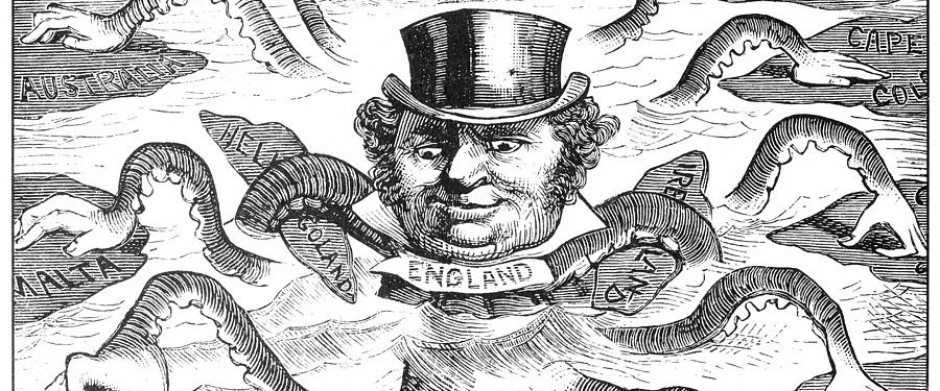Islam & Modernity
Boring Details & Pseudolegalese | Taught by Ilyse R. Morgenstein Fuerst, Fall 2015, Spring 2018, & Fall 2019. Blog maintained by her; posts are edited in conjunction with student peer revisions and professor revisions. Views are those of their authors, and not Morgenstein Fuerst, the Department of Religion, or the University. Contact Morgenstein Fuerst here with any questions.
Course Description Fall 2015 | In Islam & Modernity, a new course for Fall 2015, we will explore how Muslims responded to various challenges in the modern era, especially colonialism and imperialism. We will first try to define “modernity” and its key elements, and then examine the ways in which religious actors shaped and altered religious ideals, identities, and ideologies in three locations as case studies: South Asia, Persia/Iran, and Turkey.
Course Description Spring 2018 | In Islam & Modernity, we will explore how Muslims responded to various challenges in the modern era, especially colonialism and imperialism. Our guiding question is: what is the so-called Muslim World, and how does/did it shape Muslim experiences, religious expression, and politics? We will examine the ways in which religious actors shaped and altered religious ideals, identities, and ideologies via theoretical texts and case studies.
Course Description Fall 2019 | In Islam & Modernity, we will explore how Muslims responded to various challenges in the modern era, especially colonialism and imperialism. Our guiding question is: what is the so-called Muslim World, and how does/did it shape Muslim experiences, religious expression, and politics? We will examine the ways in which religious actors shaped and altered religious ideals, identities, and ideologies via student-led independent research that builds on two primary scholarly works: Cemil Aydin’s The Idea of the Muslim World (HUP: 2017) and Elizabeth Bucar’s Pious Fashion (HUP: 2017).
Blog rationale | Digital media is important. As is the research process. Combining the two–development of question, library & image research, peer review, and revision as well as accessible writing meant for public consumption–is a worthy (and, perhaps, instrumental) pedagogical endeavor.

Pingback: Islam+Modernity: A Class Blog | ISLAM+MODERNITY